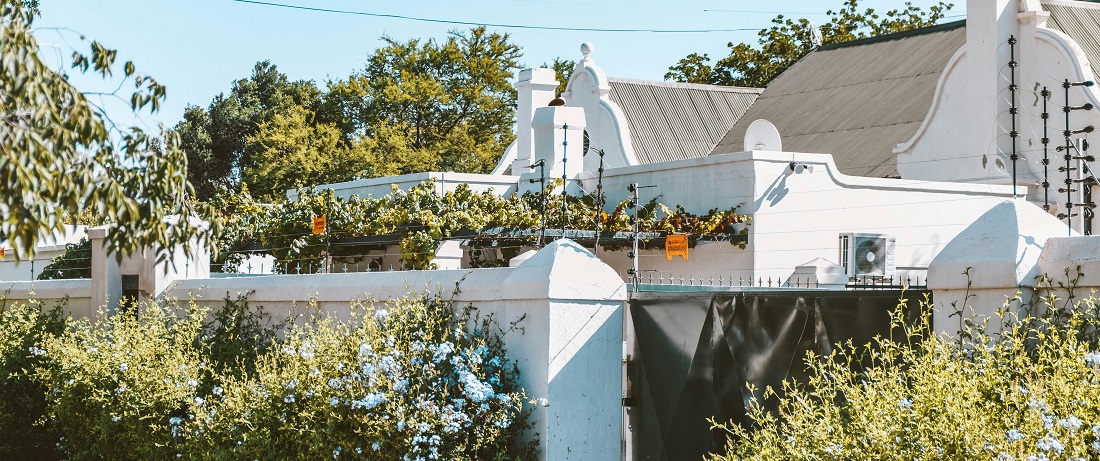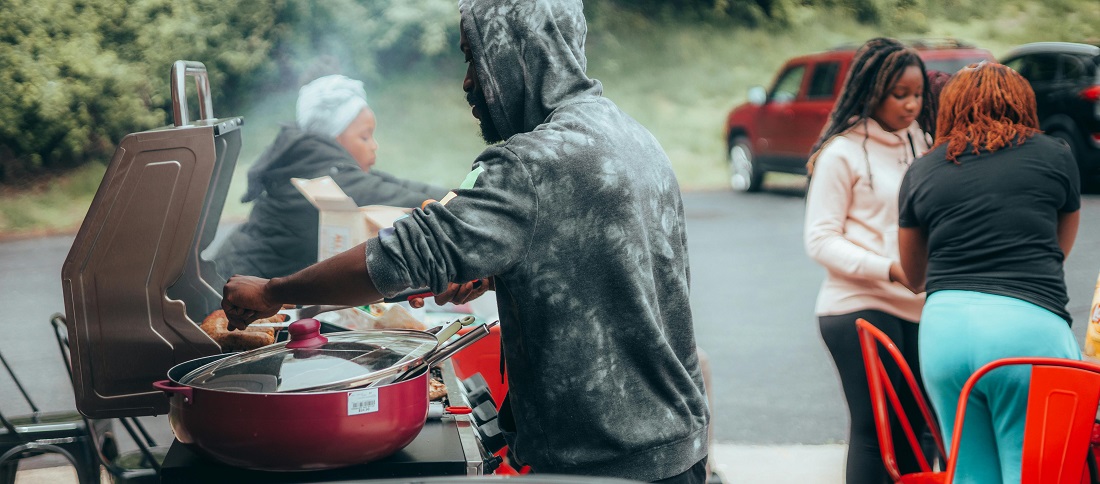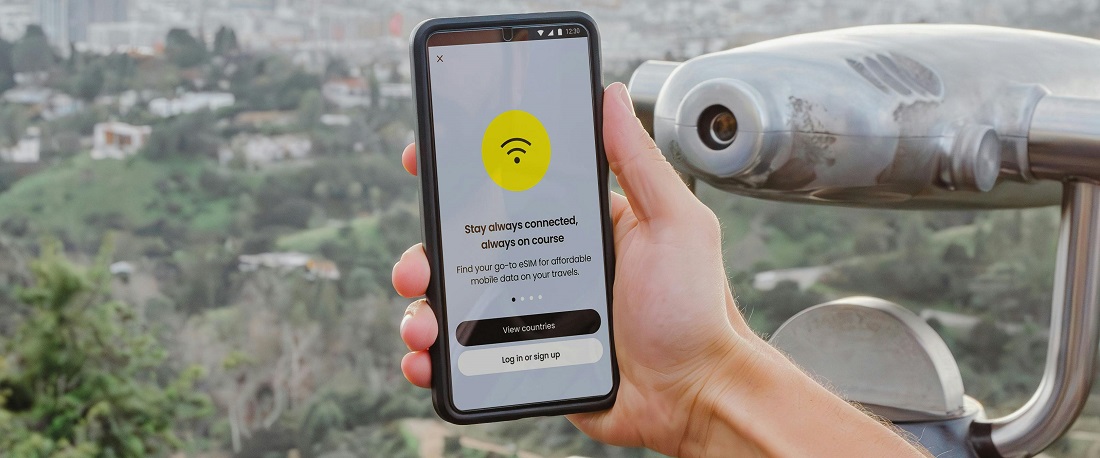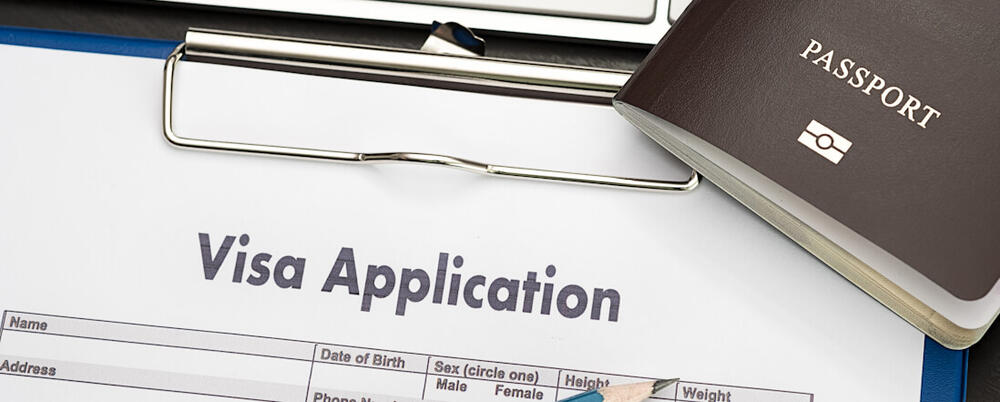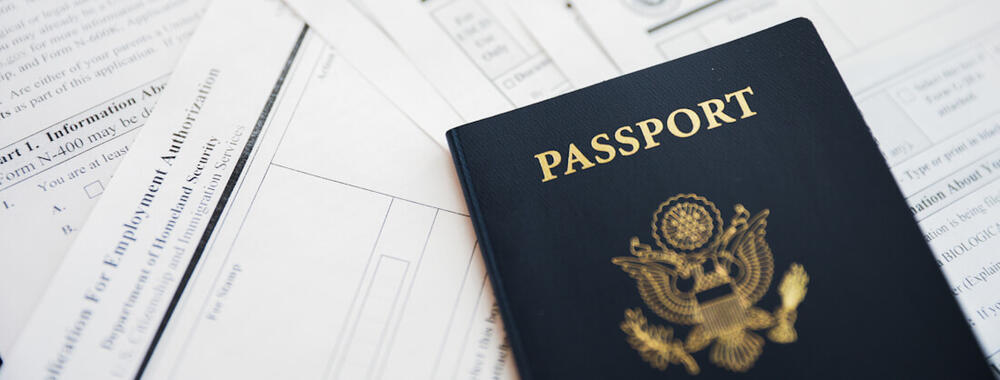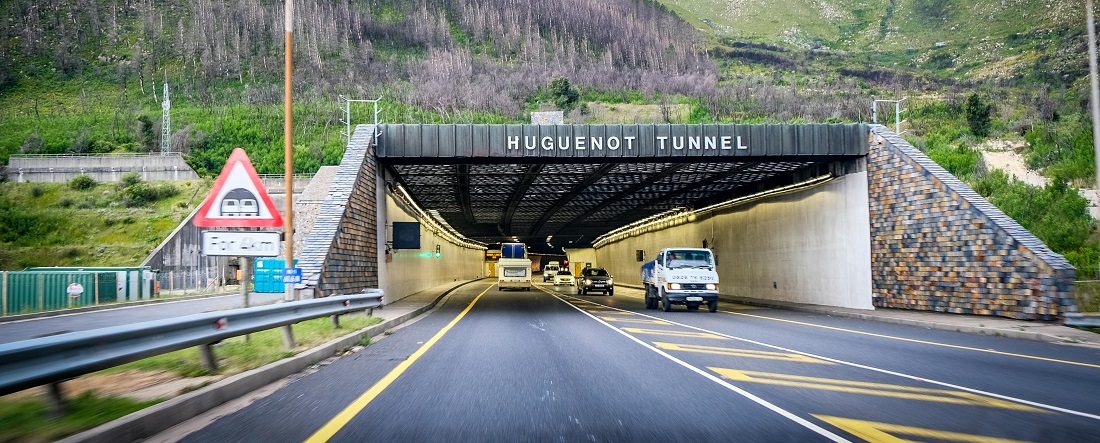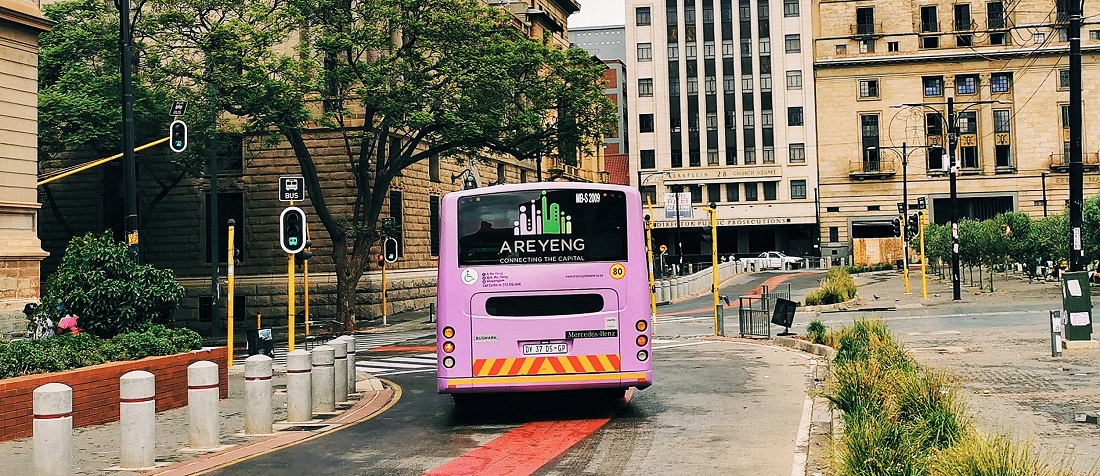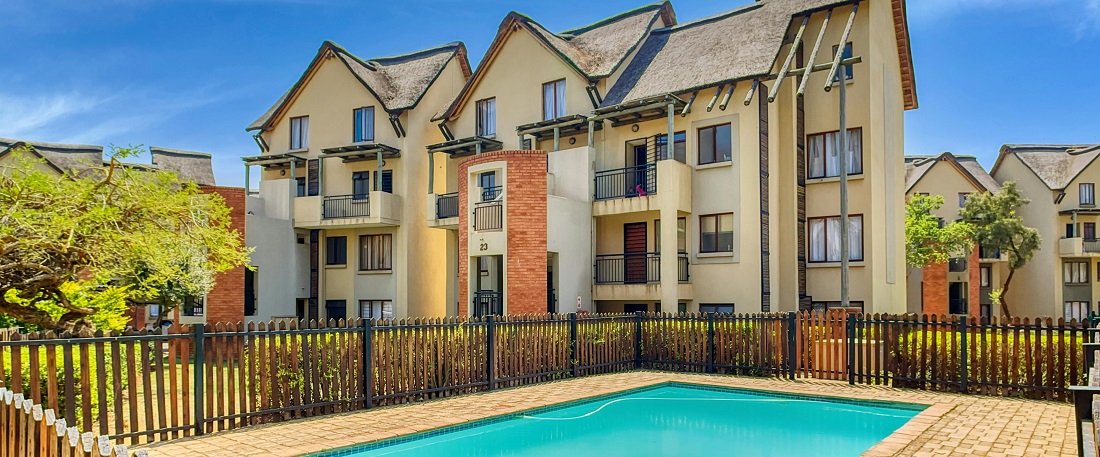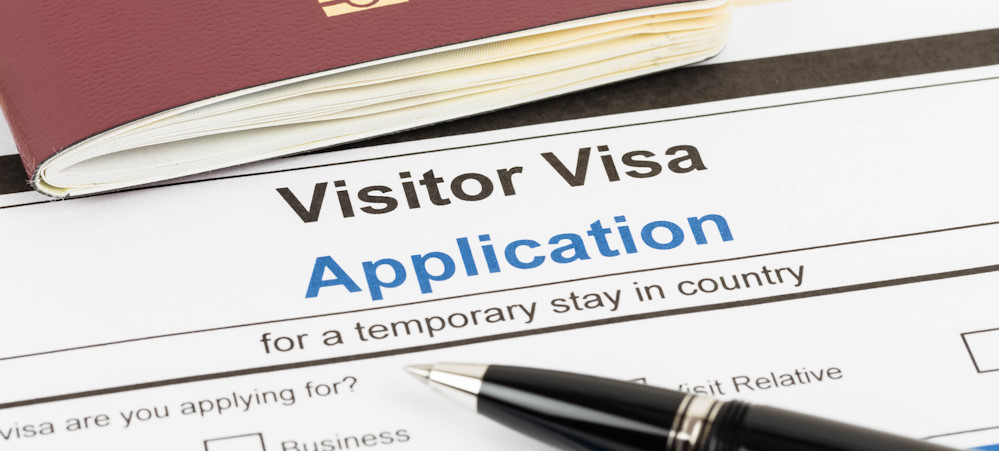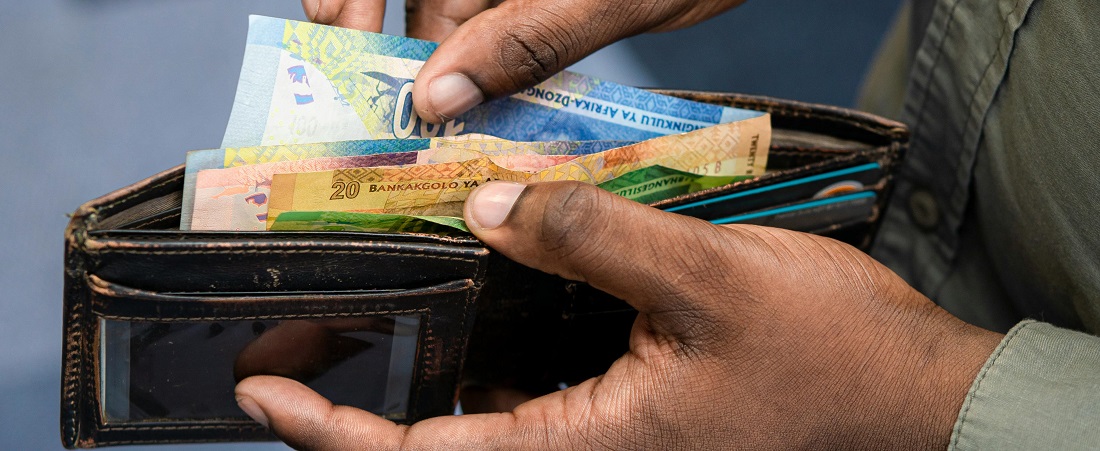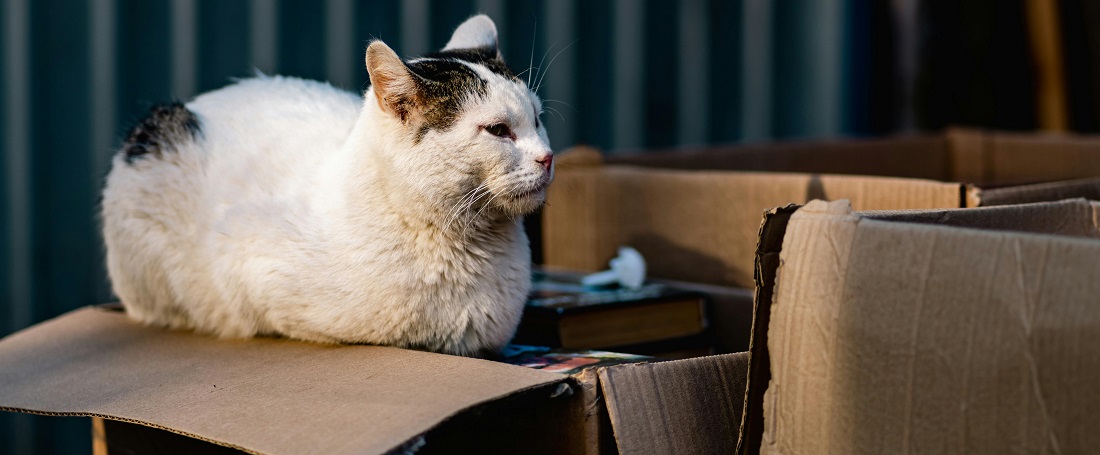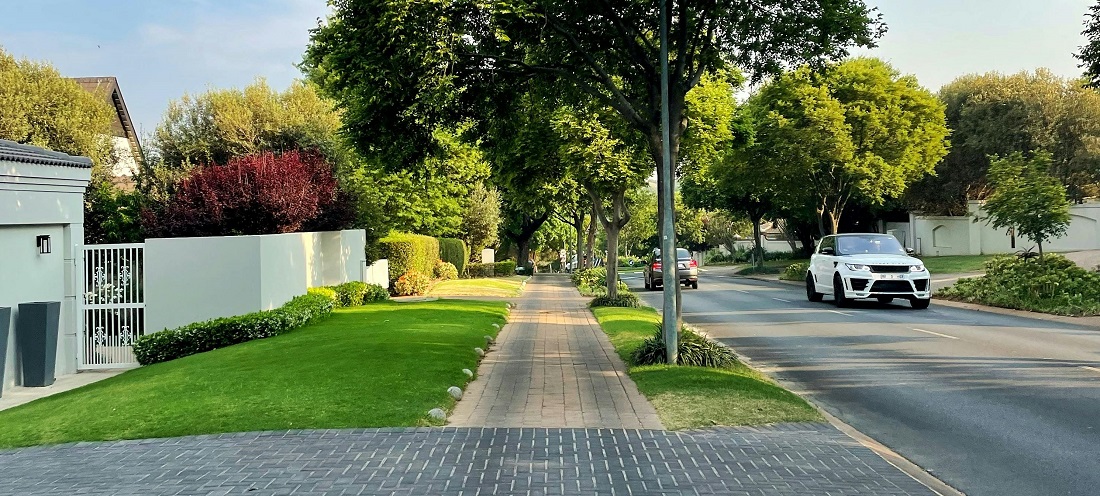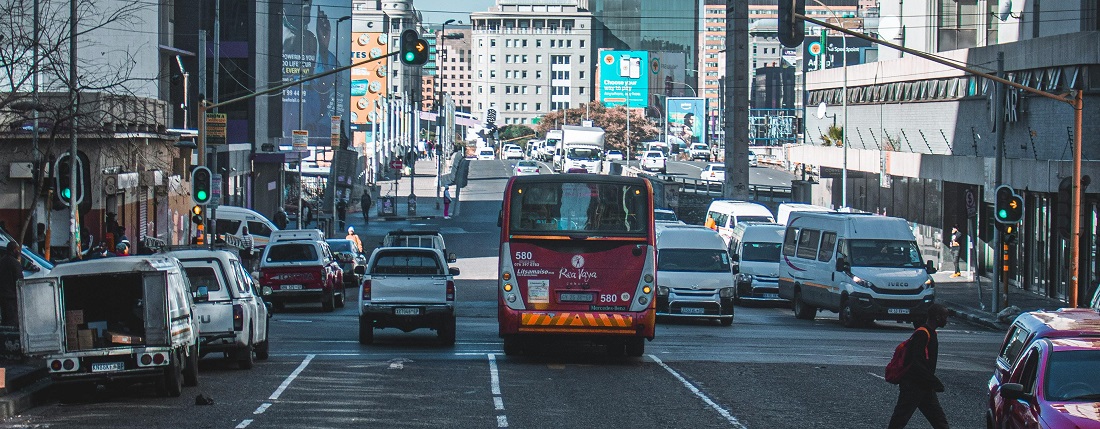Accommodation in South Africa is typically reasonably priced and comfortable. Whether relocating to Johannesburg, Cape Town, or anywhere else in the country, the range, quality, and affordability of accommodation will make adjusting to life on the African continent much smoother.
Most expats rent accommodation initially, at least while getting to know their new city’s various areas and suburbs. If you’re looking to settle down for good in South Africa, you can easily purchase a property, as there are no restrictions on property ownership for foreigners in the country.
Types of accommodation in South Africa
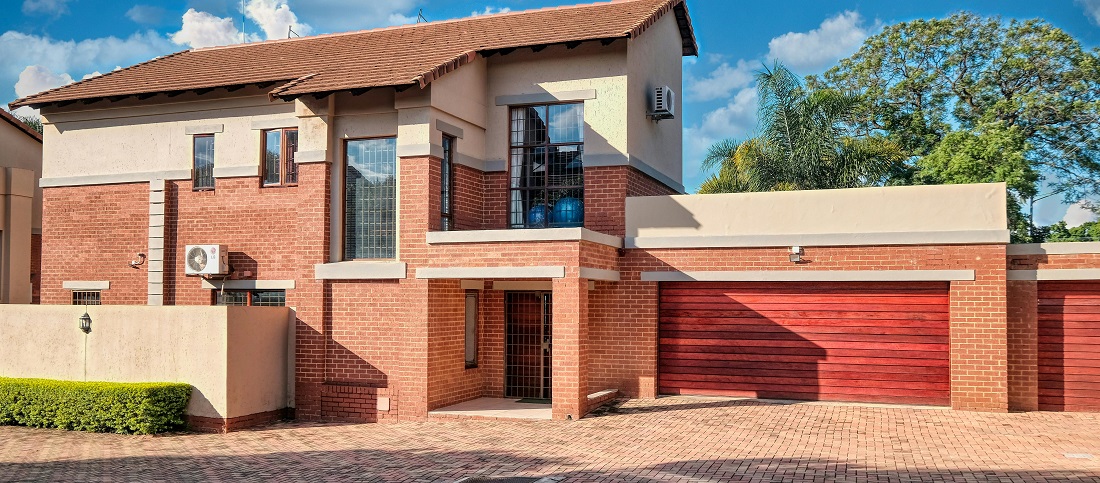
The standard of accommodation in South Africa varies in direct proportion to income but is generally quite high. Overall, houses are more spacious than in most European countries, and finding relatively inexpensive properties with big gardens and swimming pools isn’t uncommon. The South African institution of braaiing (barbecuing) ensures that most properties have an outdoor entertainment area.
In South Africa, apartment buildings are known as blocks of flats. Individual apartments can be multi-room or may be bachelor or studio apartments with one main room acting as a living area, bedroom, and kitchenette.
Mostly found in the suburbs, freestanding houses are favoured by families for the indoor and outdoor space they afford. Although pricier than other types of accommodation, they offer space, comfort, and privacy.
Townhouses, rowhouses, and semi-detached houses are all terms used to refer to compact multi-storey homes that are joined to an adjacent house on one or two sides. These usually have small gardens and are more affordable than large freestanding houses.
Security complexes, or gated communities, are secure housing developments with controlled entry. Complexes typically have a variety of housing types, ranging from apartments to townhouses to standalone family homes. There are also often shared facilities such as communal pools, outdoor braai areas, parks, and clubhouses.
Also known as granny flats, cottages can be found on the properties of larger freestanding houses. They typically have a studio-style open-plan layout, sometimes with the addition of a separate bedroom.
Furnished vs unfurnished
Most accommodation in South Africa comes unfurnished, with only the built-in cupboards, light fixtures, and kitchen and bathroom fittings included. When moving into unfurnished housing, you’ll have to budget for buying your own appliances, beds, and furniture.
Although rare, it’s possible to find furnished accommodation that includes everything from appliances to cutlery or only big-ticket items like a bed, couch, and appliances. While this may be more convenient if you’re initially moving to South Africa, this option will typically cost more than unfurnished accommodation.
Shipping and Removals in South Africa
Short lets
The short-term accommodation market in South Africa is growing, particularly in cities like Cape Town and Johannesburg, where there is a higher demand. Many expats choose to rent short-term accommodation on platforms like Airbnb while initially exploring their new home. Short lets are also a great option for expats who are only in the country short-term, as they are often more affordable than traditional hotels.
Useful links
Load shedding in South Africa
Load shedding is the practice of deliberately turning off electricity supply to different zones on a rotational basis – also known as rolling or rotational blackouts. The national electricity supplier, Eskom, does this in response to electricity supply shortages resulting from maintenance issues and breakdowns at power plants.
The load-shedding schedule has eight stages of intensity. The higher the stage, the longer the outages and the more frequent they become. At Stage 1, residents can expect one two-hour outage per day, and with each higher stage, the number of outages increases until Stage 4, when there are four outages.
From Stage 5, an increasing number of these outages are bumped up to four hours, with four four-hour outages at Stage 8. There are a number of apps for keeping track of the load-shedding schedule, as load-shedding zones and stages can be difficult to figure out.
To cope with load shedding, those who can afford it invest in alternative power sources such as generators, solar panels and uninterruptible power supplies (UPS). These provide temporary backup power to keep essential appliances and electronics running during outages. For example, many people use UPS systems to keep their internet running, while others rely on batteries and inverters or generators to power their homes and businesses during extended periods of load shedding.
For more information about load shedding in the country’s major cities, see Accommodation in Cape Town and Accommodation in Johannesburg
Useful links
Finding accommodation in South Africa

Many expats use local estate agents when looking for accommodation in South Africa. This is a useful approach for expats, especially as estate agents can guide them through the rental process. Real estate agents do much of the legwork of renting accommodation, including picking out listings, arranging viewings, and setting up a contract.
For those who prefer to go it alone, online property portals are the easiest way to start the process. These portals allow you to filter by price and neighbourhood and also offer the option to choose what type of amenities you’d like to include.
Home security in South Africa is a concern; however, it often isn’t as paralysing a preoccupation as some might imagine it to be. While opportunistic and sometimes violent crime occurs in South Africa, taking consistent common-sense precautions lowers the chance of being an easy target.
When viewing a potential new home, you should ensure there are adequate security measures, including burglar bars, security gates, and an alarm system. Glass sliding doors are particularly vulnerable points of entry, so it’s important that they are properly secured with a gate.
Safety in South Africa
Useful links
Renting accommodation in South Africa
Making an application
Once you find a place you wish to rent, you will need to fill out an application form. You will also be asked to submit proof of identity (such as a passport) and proof of income. Some rental agencies may need to perform a credit check and may charge a lease fee.
Leases
While verbal agreements have legal recognition, it’s best to get your lease agreement in writing. Leases are typically signed on an annual renewable basis. It may be possible to rent for a shorter period, but this is generally pricier and can be limiting in terms of what’s available. Your lease should clearly state what utilities you’re responsible for, payment due dates, and how annual increases will be instituted.
Deposit
If the application is successful, the next step is for the tenant to pay the first month of rent upfront, along with a deposit of one or two months’ rent. The deposit must be kept in an interest-bearing account. At the end of the rental period, the tenant will receive the deposit as well as the interest accumulated back in full as long as the property is returned without any damages.
Terminating the lease
Both tenants and landlords must typically provide at least a month’s notice before terminating the lease. The notice period may increase depending on the stipulations in the lease agreement.
Typically, landlords or the real estate agent will conduct a thorough inspection with the tenant upon moving out to ensure that there is no damage to the property beyond normal wear and tear. We recommend carefully documenting the state of the property when moving in to avoid being charged unfairly.
Utilities in South Africa
Utilities like electricity and water are not usually included in the rental price, so expats should ensure that they plan for this extra expense in their monthly budget.
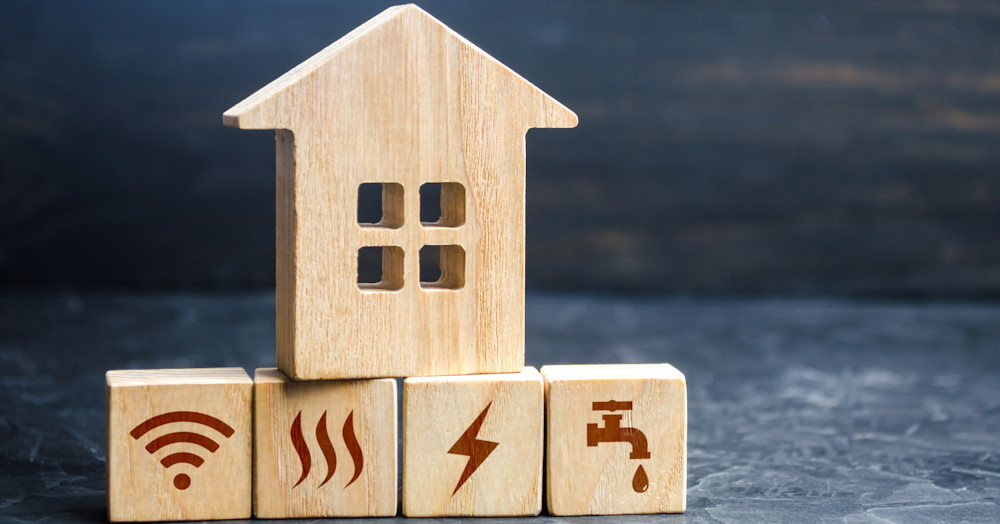
Electricity
The state-owned utility company, Eskom, is the primary electricity supplier in South Africa. You will find that most homes in the country are equipped with a prepaid electricity meter and a card that you can use to recharge your electricity units. You can easily purchase electricity units using your banking app or at a supermarket or petrol (gas) station.
If your apartment or home still uses a post-paid system, the account will usually remain in your landlord’s name. They will then send you a copy of the monthly statement for you to make payment on. Homeowners who need to register an account with Eskom can visit the company’s website, submit an application form, provide proof of identity and address, and pay the initial deposit to start the service.
Gas
Piped natural gas is not commonly used in South Africa. Many homes use bottled gas for cooking and heating in the winter. Depending on your needs, you can find different-sized gas bottles. Refilling your bottles at convenience stores, petrol (gas) stations or hardware shops will be easy, while some companies can deliver filled gas bottles to your door.
Water
Much of South Africa’s drinking water comes from surface and groundwater. The country’s more than 250 municipalities supply water to their local regions. Your landlord will usually send you a monthly bill from the local municipality detailing your consumption.
The municipality will typically send a representative to read your water meter every few months to determine an estimate. You can also send your landlord the accurate reading for them to update on their municipality’s website, who can then refund you or adjust the bill accordingly.
With frequent water outages, it is becoming more common for homes in Johannesburg to have boreholes, for which the municipality will not charge you if it is only for residential use. Boreholes are also common in rural areas and on farms.
Bins and recycling
South Africa’s local municipalities oversee waste collection in the country. In urban areas, there is a kerbside waste collection system, where municipalities provide black bins and collect waste weekly for a fee. Informal settlements often lack formal waste collection systems, leading to illegal dumping and unsanitary conditions.
Recycling is still a growing field in South Africa, with informal waste pickers playing the biggest role in recycling household waste. These waste pickers typically collect recyclable materials from household waste for cash.
Internet
The internet infrastructure in South Africa has been steadily improving over the last few years. Fibre-optic connections are becoming more widespread, particularly in urban areas, while wireless broadband and ADSL are also available. Some of the most popular internet service providers in South Africa include Frogfoot, Afrihost, and Openserve.
To set up an internet connection, you’ll typically need to provide your chosen supplier with your address and national ID or passport. This may take a few weeks, so we recommend starting the process as soon as you move in.
Keeping In Touch in South Africa
Useful links
